Something Feels Off — And People Are Starting to Demand Answers
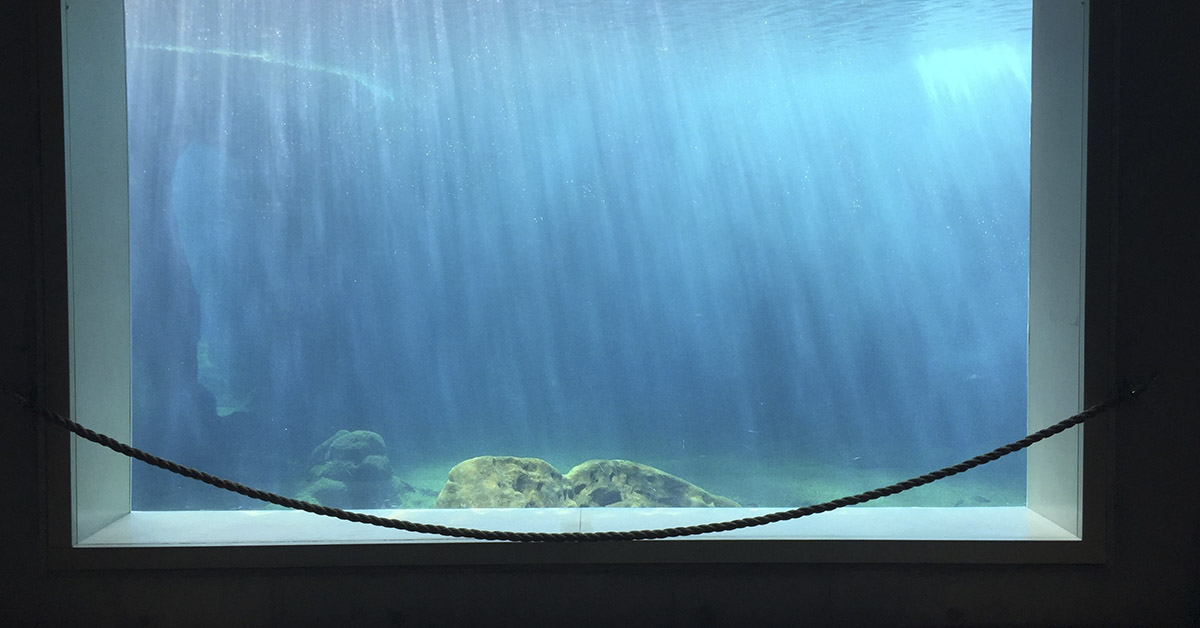
Why are two orcas and a dozen dolphins still trapped behind the locked gates of a now-defunct marine park, with no clear rescue plan in sight? Months after the sudden closure of Marineland Antibes in southern France, these sentient creatures remain confined in degrading conditions, while official explanations grow thin and relocation promises quietly vanish.
This isn’t just red tape or slow bureaucracy anymore — something deeper and more troubling seems to be at play. And the longer these animals linger in limbo, the louder the questions become.
Marineland’s Forgotten Prisoners: Orcas and Dolphins Left in the Shadows
Since shutting down earlier this year, Marineland Antibes has been a ghost town — except for two orcas, Wikie and her calf Keijo, along with twelve dolphins still confined inside. Where once crowds cheered their shows, now there’s silence broken only by the splash of their lonely swims in algae-choked, stagnant pools. Despite rising international pressure and several rescue offers, the animals remain captive — a haunting symbol of how the entertainment industry’s relics are abandoned once the spotlight fades.
From Stars to Prisoners
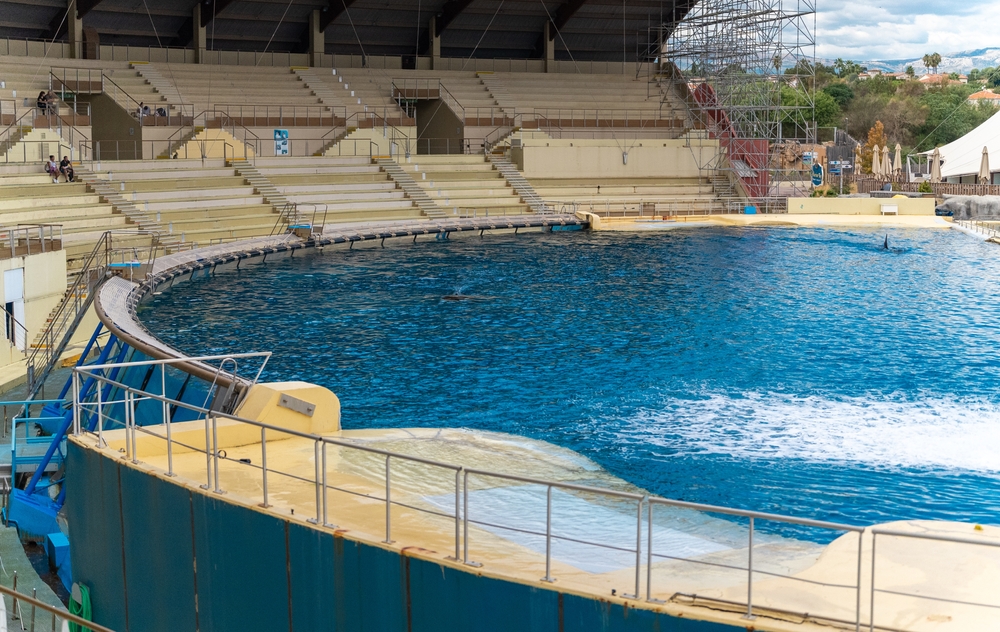
Marineland was once a hotspot for marine performances, attracting tourists eager for spectacle. But after France banned marine mammal shows, the park abruptly closed its doors — leaving the animals behind. Care has been reduced to bare minimums, with a handful of staff maintaining the facilities, but drone footage reveals bleak realities: dirty water, broken infrastructure, and an eerie sense of neglect. The facility has shifted from a place of public amusement to a quiet prison for its former stars.
Legislation with No Lifeline
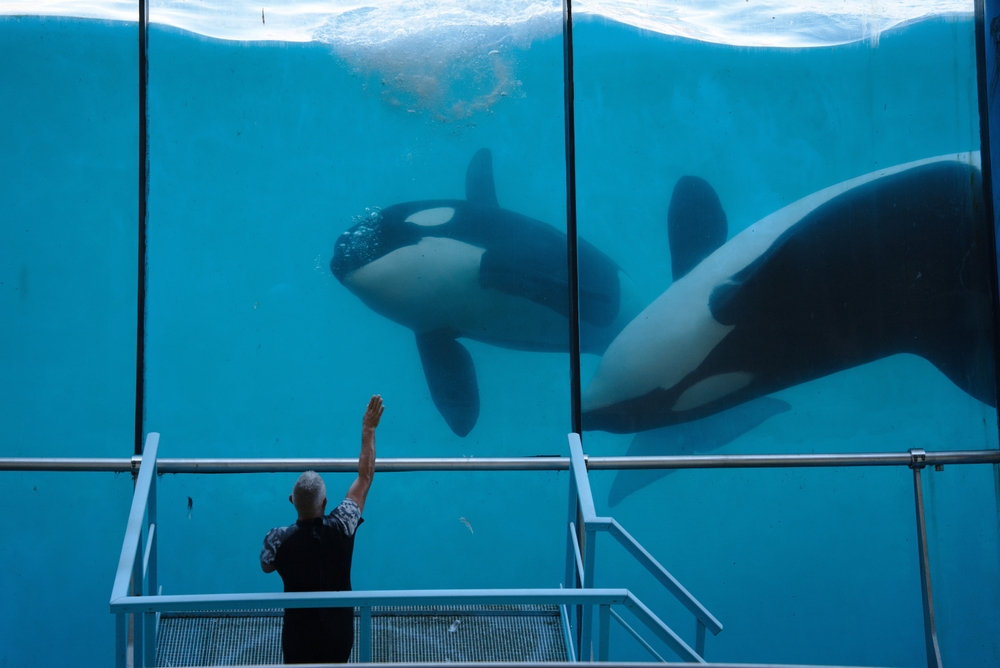
While the ban on performances was hailed as progress for animal welfare, the policy overlooked a crucial step: what to do with the animals already in captivity. No funding was allocated for relocation, no comprehensive transition plan was developed, and no sanctuary was secured. The law stopped future cruelty but left the current victims stranded, “protected” only on paper while suffering behind closed gates.
Revealing Footage Sparks Outrage

Activist group TideBreakers recently released drone footage exposing the deteriorating conditions at Marineland. Wikie and Keijo are seen endlessly pacing in murky waters, without enrichment or interaction. Surrounding them are crumbling walls and debris — a stark contrast to the glossy image once marketed to tourists. The visuals have reignited public outrage, fueling protests and urgent calls for government intervention.
Hopes Dashed: Spain’s Failed Relocation
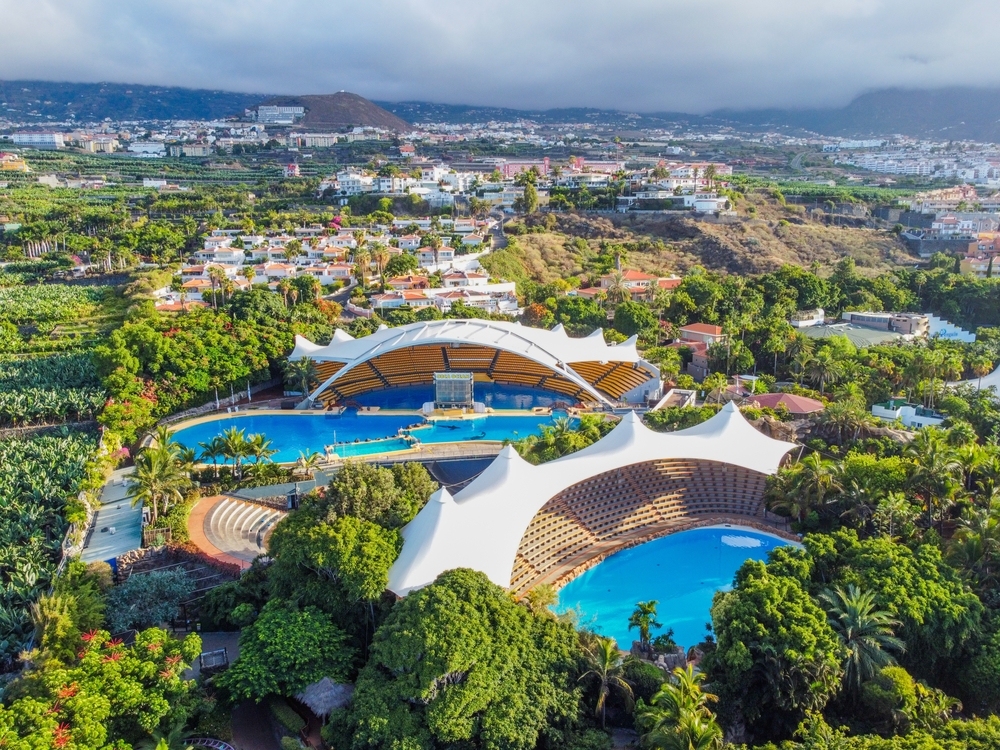
Early hopes for rescue emerged when Spanish officials considered transferring the orcas to Loro Parque in Tenerife. However, animal welfare advocates and authorities raised red flags — warning that relocating the orcas to another entertainment venue would merely prolong their captivity. The plan collapsed, and the orcas remain confined, victims of stalled negotiations and shifting priorities.
Japan’s Offer Rejected Amid Controversy
An offer from Japan to take in the orcas was quickly declined, amid international concerns about Japan’s record on dolphin welfare and hunting practices. Though rejecting the offer avoided a potentially worse fate for the animals, it also prolonged their captivity, highlighting the global shortage of true sanctuaries capable and willing to provide humane refuge.
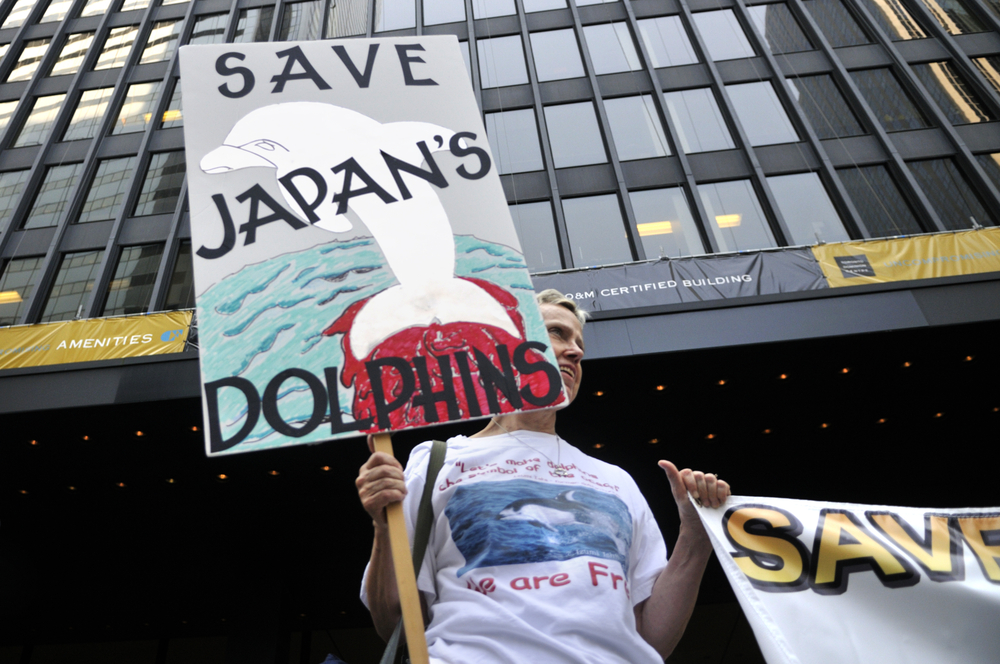
A Beacon of Hope from Canada
One promising opportunity has come from Canada’s Whale Sanctuary Project in Nova Scotia, proposing a relocation to sea pens designed for rehabilitation and natural living — free from public exhibition.
Endorsed by experts and activists, the plan faces financial and logistical challenges, but it represents perhaps the only real chance for Wikie and Keijo to experience a semblance of freedom and dignity.

Growing Public Pressure
With official delays dragging on, public protests outside Marineland Antibes have increased, led by groups like Sea Shepherd and One Voice. Their message is clear: it’s time to prioritize animal welfare over outdated entertainment models. While release into the wild is impossible, these animals deserve a sanctuary where they can live out their lives free from exploitation and neglect.

The Overlooked Dolphins Still Suffering
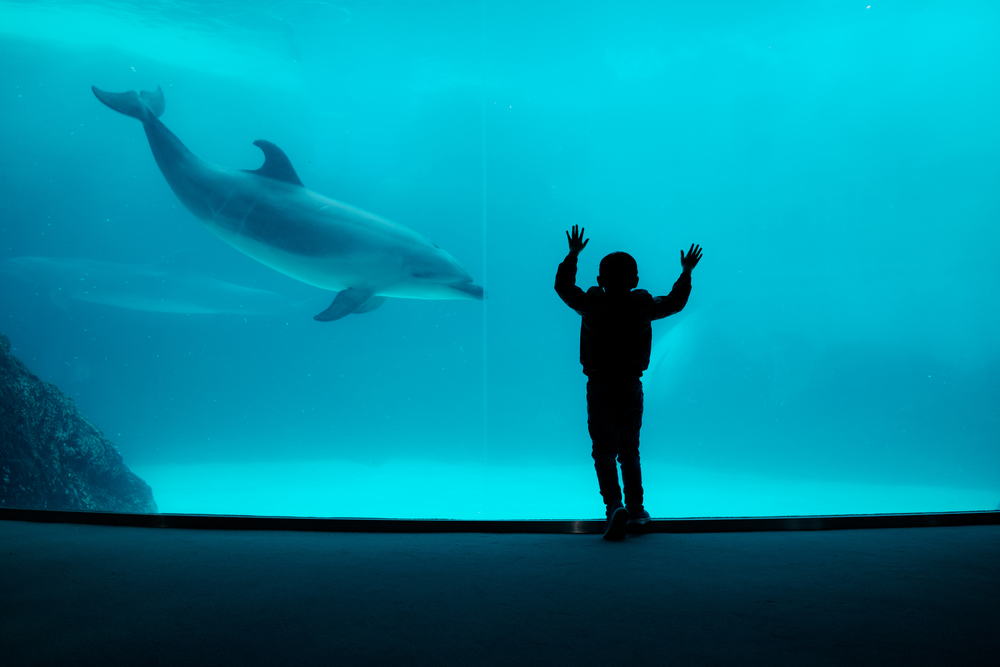
Though the orcas capture most headlines, the twelve dolphins share the same grim fate — languishing in cramped pools, suffering from stress and lack of stimulation. Often forgotten in rescue discussions, they too require urgent attention. Activists warn that focusing solely on the orcas leaves the dolphins trapped in the shadows of this crisis.
Marineland’s Silence Raises Alarms
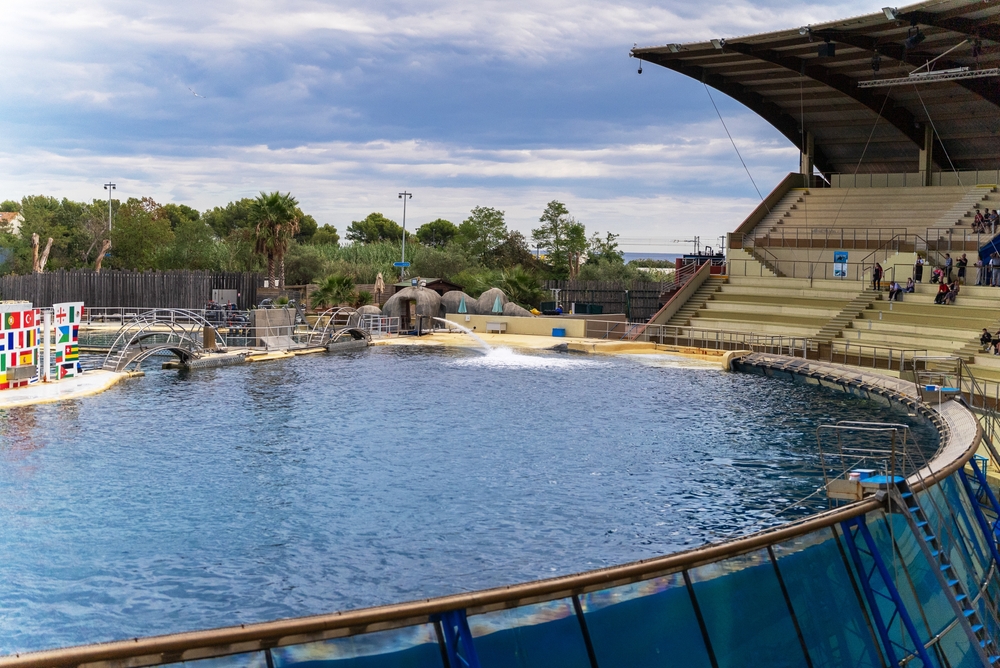
Throughout the controversy, Marineland has remained tight-lipped, providing minimal updates and refusing independent inspections. No transparent veterinary records have been released, fueling suspicions of neglect or worse. Critics accuse the park of hoping public outrage will fade, but with every passing day, the demand for accountability grows louder.
A Moment for Change
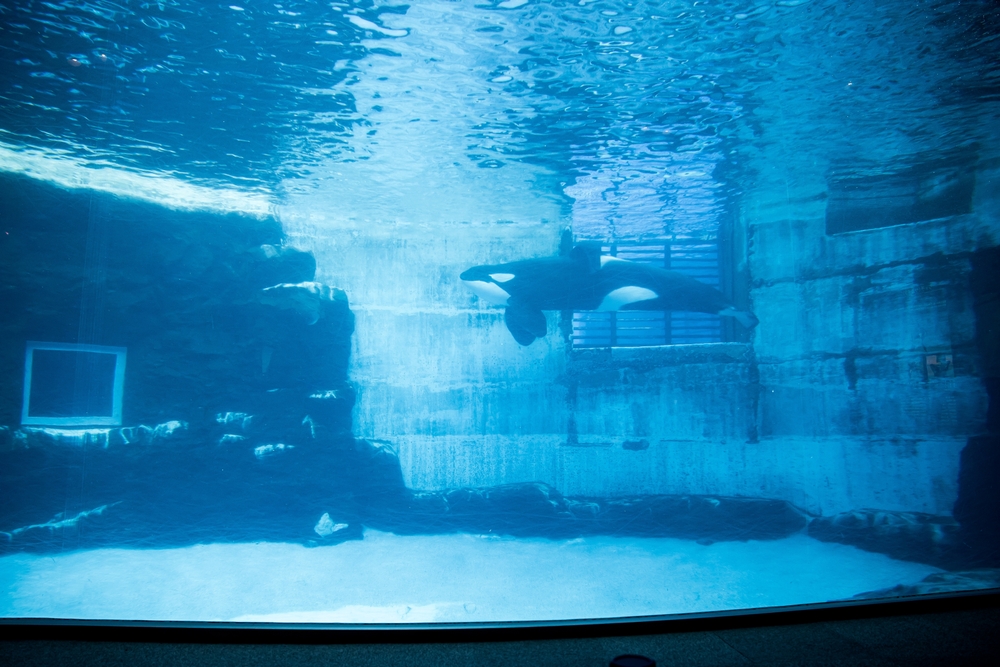
This heartbreaking standoff isn’t just about Marineland or its captive residents — it reflects a systemic failure. Laws banning cruel shows are vital, but they must be paired with concrete plans for the animals already harmed by captivity.
If this moment teaches us anything, it’s that ending the spectacle isn’t enough; we must ensure the lives behind it are honored and protected.
Still Waiting, Still Hoping
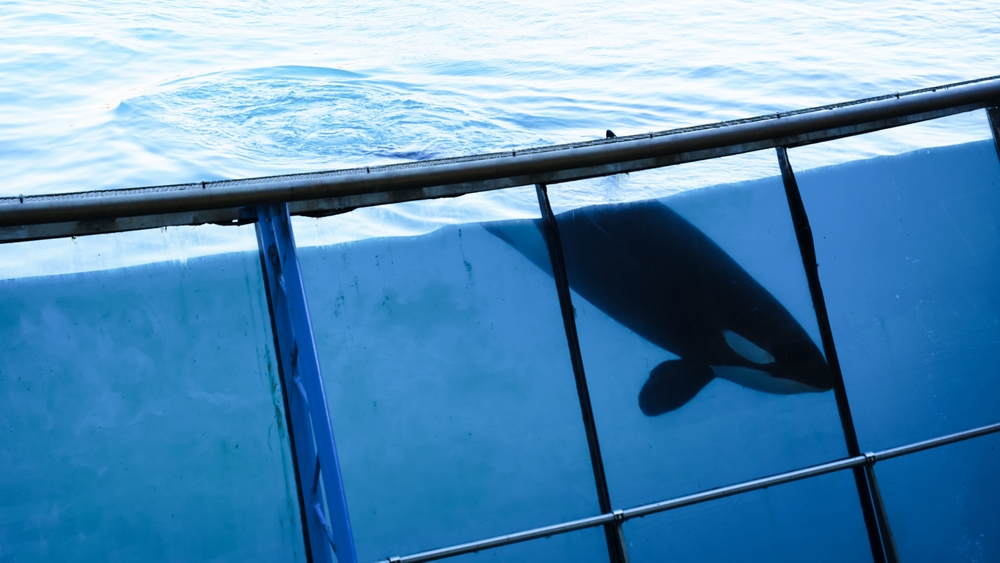
For Wikie, Keijo, and their dolphin companions, the wait continues — circling in tanks that once thrilled spectators, now symbols of broken promises. Rescue offers come and go, protests grow, but true change remains elusive. Their plight challenges us all: Will we rise to the occasion and forge a path forward? Or will these sentient beings remain forgotten casualties of our entertainment past?
Conclusion: A Call to Witness and Act
From harrowing workplace tragedies to health crises and contested legal battles, the stories shared here weave a common thread — the vital need for vigilance, empathy, and responsibility. Whether it’s a family seeking justice, a community fighting misinformation, or captive marine mammals yearning for freedom, each narrative reveals the cost of silence, neglect, and indifference.
As readers and citizens, we hold power in bearing witness and demanding change. Sometimes, that power begins simply by paying attention—and refusing to look away.
